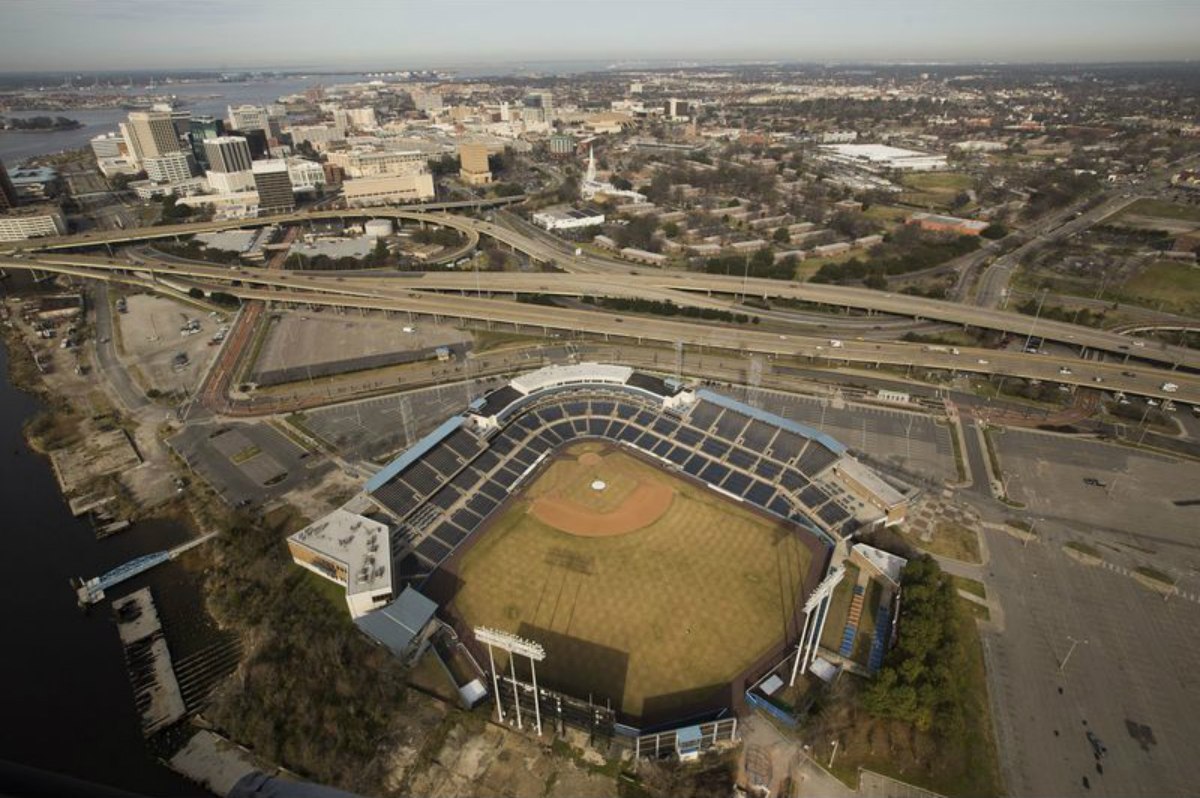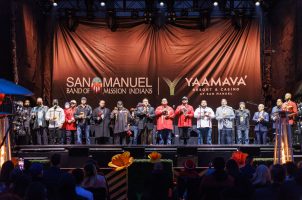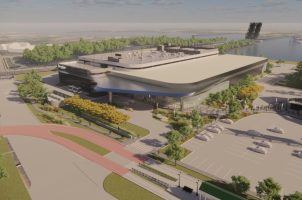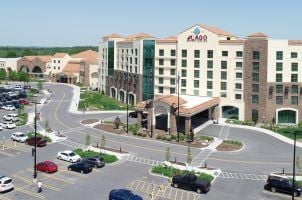Gaming Expert Opines Current Norfolk Casino Plan Flawed, Urges Mixed-Use Development
Posted on: November 18, 2019, 01:39h.
Last updated on: November 18, 2019, 01:39h.
The Norfolk casino resort plan being floated by the Pamunkey Indian Tribe wouldn’t bring the economic boom it promises to the waterfront city. So says one expert who has over 20 years of experience consulting the gaming industry.

Cory Morowitz, a gaming consultant based in New Jersey, spoke before the Urban Land Institute last week regarding the casino project. The expert voiced concerns that the 13.25-acre location, wedged between the Harbor Park baseball stadium and landlocked by water to the south and east and an interstate highway, wouldn’t make it an accessible venue that would entice nearby investments.
These casinos become islands unto themselves. People drive in, drive out, and don’t come for anything other than the casino,” Morowitz explained. The Virginia-Pilot first reported his comments.
The gaming veteran said the goal of authorizing commercial casino resorts should be to build mixed-use complexes that encourage other developers to invest in retail shopping spaces, restaurants, entertainment, and residences.
“Creating mixed-use developments are really what benefits both the casino and the community,” Morowitz concluded.
Morowitz isn’t the only gaming expert who believes casino resorts aren’t necessarily community stimulators.
Global Market Advisors’ 2015 white paper “Casinos and the City” concluded that “urban casinos developed in the latter part of the 20th century failed to integrate themselves into their host communities, did not stimulate economic and commercial activity in their host neighborhoods, and essentially became islands within the greater urban landscape.”
Big Promises
Virginia Gov. Ralph Northam (D) ended casino prohibition in the state in March when he signed legislation that allocates one commercial gaming venue for the cities of Bristol, Danville, Portsmouth, Richmond, and Norfolk. In September, the Norfolk City Council approved selling the 13.25 acres of city-owned land to the Pamunkey Tribe for nearly $10 million.
The federally recognized Native American group wants to build a $700 million casino with as many as 4,000 slot machines and 225 table games. The resort is to feature a 500-room hotel, restaurants, convention space, and entertainment.
In its pitch to the city council, the tribe said the facility would create a $200 million annual payroll, and generate an economic impact for the state that would eclipse $1 billion each year.
The proposed site is just steps from the St. Paul area of Norfolk, where more than half of the city’s public housing is located.
Opponents Abundant
The Norfolk City Council’s land sale is anything but a done deal. Local residents who don’t want a casino in their town – or are concerned the tribe might eventually make the resort a Native American enterprise, and therefore reduce its tax liabilities – are challenging the city council vote.
Earlier this month, the “Citizens for an Informed Norfolk Committee” obtained the necessary signatures to force the council to reconsider the property sale. If the signatures are validated, public hearings and another council vote will be held.
If the council again votes in favor of selling the land to the tribe, opponents will be afforded a final time to acquire 4,000 Norfolk resident signatures to put the decision up to voters in the November 2020 election.
Related News Articles
Most Popular
Mirage Las Vegas Demolition to Start Next Week, Atrium a Goner
Where All the Mirage Relics Will Go
Most Commented
-
Bally’s Facing Five Months of Daily Demolition for Chicago Casino
— June 18, 2024 — 12 Comments
















Last Comment ( 1 )
I have a friend who lives in West Point and she said the Pamunkey leadership has a longtime and even recent history of racist and sexist leadership. Something like women couldn’t even vote at town meetings a couple years back, and they banned women who married black people. That’s not the type of mentality we need in today’s society and in Hampton roads. I vote no for the Pamunkey casino !!!